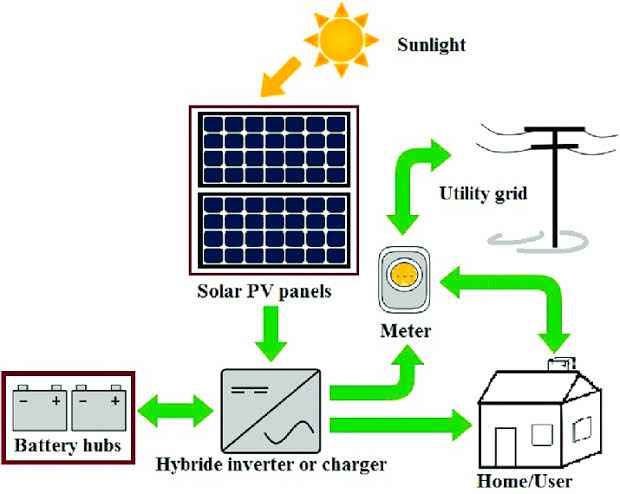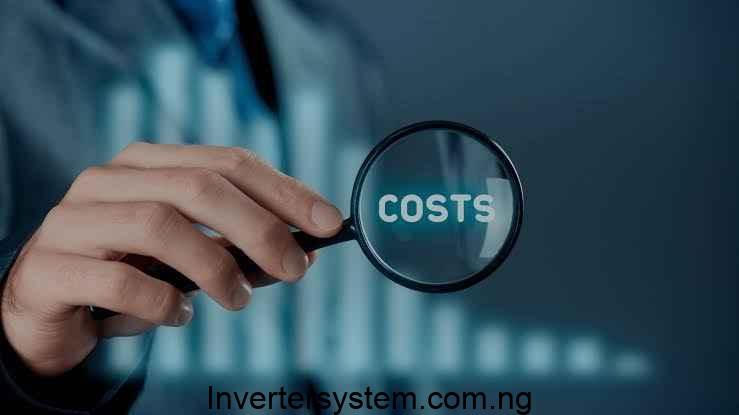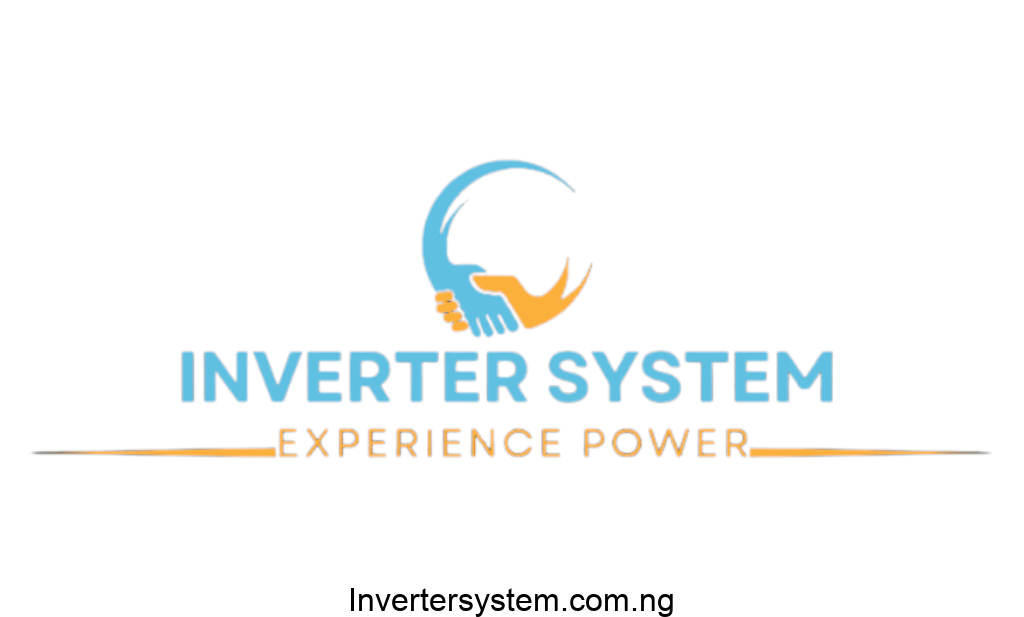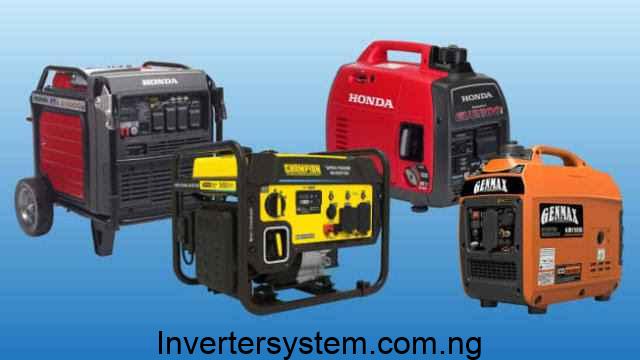How to Choose the Best Solar Inverter for Your Solar Panel System

Choosing the right solar inverter for your solar panel system is a decision that can significantly impact the performance, durability, and efficiency of your entire solar setup. The inverter serves as the system’s brain, converting the direct current (DC) generated by your solar panels into the alternating current (AC) used by most home appliances and the grid. This article will guide you through the critical factors to consider when selecting a solar inverter, highlight the various types of inverters available, and discuss why it’s essential to make an informed decision for both residential and commercial systems.
Types of Solar Inverters

Knowing the types of solar inverters is essential in making the right choice for your system. Each type serves a different purpose depending on your energy needs, location, and the size of your solar panel system.
1. String Inverter
A string inverter is one of the most common and affordable options, especially for larger installations. With this type of inverter, multiple solar panels are connected in a “string,” and the inverter manages the power output for the entire string. While effective in uniform environments, where every panel receives equal sunlight, string inverters can struggle in setups where some panels are shaded. Shading on one panel can reduce the overall performance of the entire string.
2. Microinverter
Microinverters are installed on each individual solar panel, allowing each panel to operate independently. This means that shading or performance issues with one panel won’t affect the output of the other panels. While microinverters are typically more expensive upfront than string inverters, they provide higher efficiency in complex installations where shading or orientation might be an issue. This option is ideal for homes with irregular roof shapes or partial shading.
3. Grid-Tied Inverter
Grid-tied inverters are designed for systems that remain connected to the local utility grid. This allows homeowners to feed excess energy back into the grid, often in exchange for energy credits, reducing their electricity bills. These inverters are the best option for those looking to stay connected to the grid while benefiting from solar power.
4. Off-Grid Inverter
For those looking to achieve full energy independence, an off-grid inverter is essential. These inverters allow homeowners to store energy in battery systems, ensuring that they can access power even when the sun isn’t shining. While this setup is more expensive and complex, it’s ideal for remote locations where grid access is limited or unreliable.
5. Hybrid Inverter
A hybrid inverter combines the features of grid-tied and off-grid inverters. These inverters allow for both energy storage in battery systems and the ability to send excess energy to the grid. This flexibility makes hybrid inverters an attractive option for homeowners and businesses who want the benefits of energy storage but also want the security of remaining connected to the grid.
Key Features to Consider in a Solar Inverter

Once you’ve identified the type of inverter that suits your solar panel system, the next step is to examine the features that will impact performance, longevity, and overall efficiency. Here’s a look at the key features to keep in mind:
Power Conversion & Efficiency
The primary function of a solar inverter is to convert DC to AC power efficiently. A higher inverter efficiency means that less energy is lost in the conversion process, resulting in more usable electricity for your home or business. Inverters with an efficiency rating of over 95% are considered ideal. Look for inverters equipped with Maximum Power Point Tracking (MPPT) technology, which helps maximize energy output by continuously adjusting the power load to match the solar panel’s energy production.
Inverter Sizing and Performance Ratio
Choosing the right inverter sizing is critical for avoiding underperformance or overloading your system. If an inverter is too small for your solar panel array, it won’t be able to handle the energy load, leading to inefficiency. On the other hand, if the inverter is too large, you’ll be paying for more capacity than you actually need. The performance ratio of an inverter indicates how efficiently it converts the available DC power into AC, which directly affects the energy savings and overall performance of your system.
Peak Power Output & Surge Capacity
An inverter’s peak power output refers to its ability to handle short bursts of high energy demand, while surge capacity is the inverter’s ability to deal with sudden spikes in power use. Both are important considerations, especially if your system will power appliances that require a lot of energy when starting up, such as refrigerators or air conditioners.
Smart Inverters and System Monitoring
Advancements in technology have led to the development of smart inverters that come with integrated system monitoring. These inverters allow you to monitor the performance of your system in real-time via a smartphone or computer, helping you optimize energy use and quickly detect any issues. Smart inverters are a worthwhile investment for those who want to ensure their system is running at peak efficiency at all times.
Factors Affecting Solar Inverter Selection

Making an informed decision requires a deeper look at the factors that will affect your inverter’s performance and suitability for your solar panel system.
Compatibility with Solar Panels
The compatibility of your inverter with your solar panels is essential for optimizing system performance. Different types of inverters work best with specific types of panels. For instance, microinverters are ideal for systems with varied panel orientations, while string inverters work best in uniform setups. Before making a purchase, ensure that your chosen inverter is compatible with your specific solar panel configuration.
Reliability and Lifespan
A solar inverter’s reliability and lifespan are key factors in determining its overall value. Look for inverters from reputable brands known for producing durable, high-quality products. Most solar inverters have a lifespan of 10 to 15 years, though some can last even longer. Regular inverter maintenance can help prolong its lifespan, ensuring that you get the most out of your investment.
Safety Certifications & Standards
Solar inverters should comply with industry-standard safety certifications such as UL and CE. These certifications ensure that the inverter meets all necessary safety and performance standards. Additionally, ensure that the inverter meets energy efficiency standards set by regulatory bodies to guarantee optimal performance and energy savings.
Return on Investment (ROI)
Your return on investment (ROI) will depend on the efficiency of your inverter, its upfront cost, and how much energy it can help you save over time. While higher-efficiency inverters may cost more initially, they can result in significant savings on energy bills over the lifetime of the system, making them a better investment in the long run.
Top Solar Inverters on the Market

When considering the best solar inverters available, several brands stand out for their reliability, efficiency, and performance. Here’s a look at some of the top-rated inverters on the market:
Best Rated Inverters
- Brand A: Known for its cutting-edge technology and high inverter efficiency, Brand A offers models that are ideal for both residential and commercial installations.
- Brand B: Offers robust, reliable inverters with excellent customer support. Many of their models include system monitoring features, making them a popular choice for homeowners.
- Brand C: With a focus on durability, Brand C inverters come with extended warranties, ensuring long-term peace of mind.
Comparison of Popular Inverter Brands
When comparing inverter brands, it’s important to consider factors like warranty information, efficiency, features, and customer feedback. Inverter comparison tools and reviews can help you assess which brand offers the best balance of performance and value.
Cost Considerations

Installation Costs
The installation costs of a solar inverter will depend on the size of your system, the type of inverter, and any additional features you may require. It’s important to account for these costs when budgeting for your solar panel system.
Cost-Effective Inverters
While there are cost-effective inverters on the market, the cheapest option is not always the best. Look for inverters that offer the best combination of performance, features, and price. Paying a little more upfront for a higher-quality inverter can result in greater savings over time.
Inverter Buying Guide
To make the best decision, consult an inverter buying guide that compares different models, features, and prices. This will give you a clearer idea of which inverter is the right fit for your system.
Residential vs. Commercial Solar Inverters

Residential Solar Inverters
In residential solar installations, reliability and ease of maintenance are critical. The inverter should be able to handle the energy demands of a typical home while providing a high performance ratio and minimal inverter maintenance requirements.
Commercial Solar Inverters
Commercial solar inverters must be capable of handling larger loads and more intensive energy demands. They should also be scalable, allowing for future system expansion as energy needs grow. Efficiency and durability are particularly important in commercial applications, where even small inefficiencies can result in significant energy losses.
Warranties and Maintenance

Inverter Warranties
Inverter warranties can vary significantly between brands. Standard warranties usually range from 5 to 10 years, with some manufacturers offering extended warranties. A good warranty provides peace of mind and protects your investment against potential defects or performance issues.
Inverter Maintenance
Regular maintenance is essential for prolonging the life of your inverter. This includes keeping the inverter clean, ensuring proper ventilation, and monitoring system performance through system monitoring tools. By staying on top of maintenance, you can prevent potential issues and ensure that your system continues to operate at peak efficiency.
FAQs
Which Inverter Has the Best Efficiency?
The efficiency of an inverter refers to how effectively it converts DC electricity from your solar panels into usable AC electricity. Microinverters and string inverters equipped with MPPT technology generally offer higher efficiency. Currently, Hybrid inverters are highly rated due to their ability to manage both solar energy production and storage. Brands like Brand A and Brand C are often cited as leaders in efficiency, boasting over 97% efficiency in some models. System monitoring features can also enhance performance by allowing real-time adjustments to optimize energy conversion.
Which Inverter is Best to Use for Residential Systems?
For residential solar systems, the best inverter choice depends on several factors such as the roof structure, energy needs, and shading concerns. String inverters are widely used due to their cost-effectiveness for standard home installations. However, if your roof is subject to partial shading or irregular panel orientation, microinverters or power optimizers are often recommended as they handle energy conversion at the panel level, minimizing losses from shaded areas.
For homeowners interested in energy independence, a hybrid inverter is an excellent option as it integrates battery storage with grid-tied functionality, allowing you to store excess energy and use it when needed.
Which Inverter is Best to Use for Commercial Systems?
For commercial solar systems, where energy needs are typically higher and more consistent, three-phase inverters or central inverters are usually the best choice. These inverters are designed to handle larger solar arrays and more significant energy outputs. Commercial-grade inverters also tend to have robust warranties and system monitoring capabilities, making them suitable for long-term installations.
Companies with extensive solar arrays often opt for central inverters because of their high capacity and scalability. These inverters can efficiently manage power from large-scale solar installations and are optimized for performance under constant loads, which is common in commercial settings.
Conclusion
Choosing the best solar inverter for your system is critical to maximizing the efficiency and lifespan of your solar setup. Whether you’re installing a residential solar system or a commercial-grade array, factors like inverter efficiency, system compatibility, and future scalability should guide your decision. Understanding the types of inverters—from string inverters to microinverters and hybrid inverters—will ensure you select an inverter tailored to your unique energy needs.
Now that you understand the different types of inverters, key features, and factors that impact inverter selection, you’re equipped to make a well-informed decision for your solar panel system. If you’re looking to maximize energy efficiency, reduce installation costs, or ensure long-term durability, the right solar inverter can make all the difference.
Call to Action: Ready to choose the best solar inverter for your solar panel system? Explore our [inverter comparison guide] to find the ideal solution for your home or business, or consult with a solar energy expert today!





